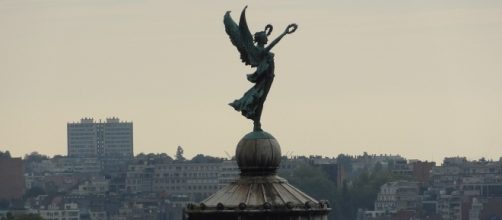Shining city lights, beautiful parks and welcoming citizens, whatever you look for in a city when deciding your travel plans, the capital and largest city of Belgium has it all and then some. Housing the European Parliament and many other headquarters for international enterprises, Brussels is also the de facto capital of the European Union and the headquarter for the North Atlantic Treaty Organisation or NATO. After the vote for Brexit and the impending exit of the United Kingdom from the European Union, many eyes are also looking to Brussels and the various proposed meetings which draw out the exit plan and decide the fate of so many.
All politics aside, Brussels is a city which also boasts one of the highest numbers of visitors per year and with the security situation stabilising after the devastating bombings of March 22, 2016, people are regaining confidence in choosing Brussels as a holiday destination. We look at some of the factors to consider while looking at Brussels as your destination.
Change in language and culture
What a lot of visitors fear when making plans to visit a foreign country in Europe is the tumultuous change in culture, and especially with countries where non-English languages are dominant, they can indicate a difficult daily life if the visitor does not speak the local languages. However with Brussels, this is not a problem at all, while French and Flemish are still the dominant languages, Brussels has grown rapidly as an international city and the English language is at the core of that development.
Most businesses interacting with foreign visitors have realised this and set up their organisations as such.
While the city of Brussels will allow you to stick to the English language, the dominant French and Flemish languages have impacted more than just the literature, this can be observed in the various cultural indicators in and around Brussels, such as the Royal Museums which host an extensive collection of artworks from Flemish painters.
Most, if not all of the public tourist centres also have employees or volunteers who are capable of speaking in the English language.
The core of the city
At its core, Belgium is not just a city built on Belgian pride and culture, but also a city which embraces the modern wonders of science and architecture. The modern transportation systems, the city wide public internet systems and the many scientific and research institutions are all indicators that Brussels is truly a capital city fit for the current century of modernization.
Monuments like the Atomium, established in 1958, showcase the groundwork for all the current advancements in Belgium.
It would be no surprise to anyone if a United Kingdom exit from Europe further empowers Brussels to grow on as a leading European capital city built on an amalgamation of strong culture and science. The next decade only promises to attract more and more visitors to Brussels and the city has shown that it is more than ready and eager to host people from all around the world.


